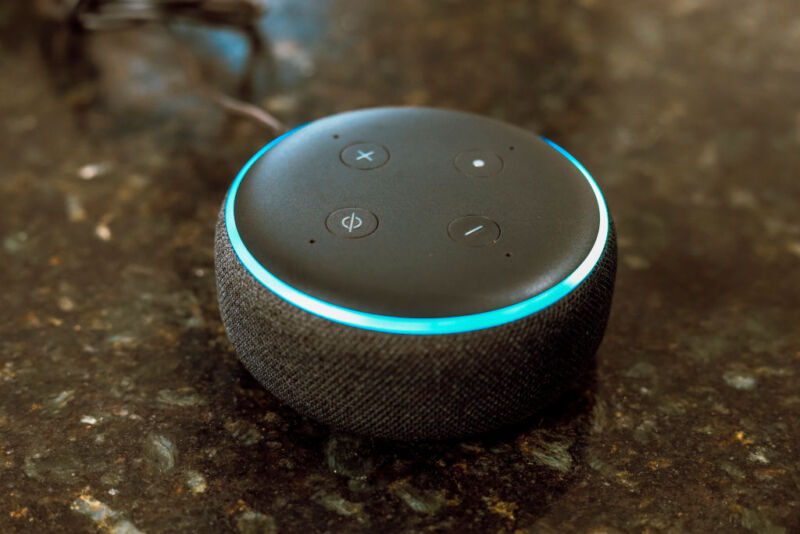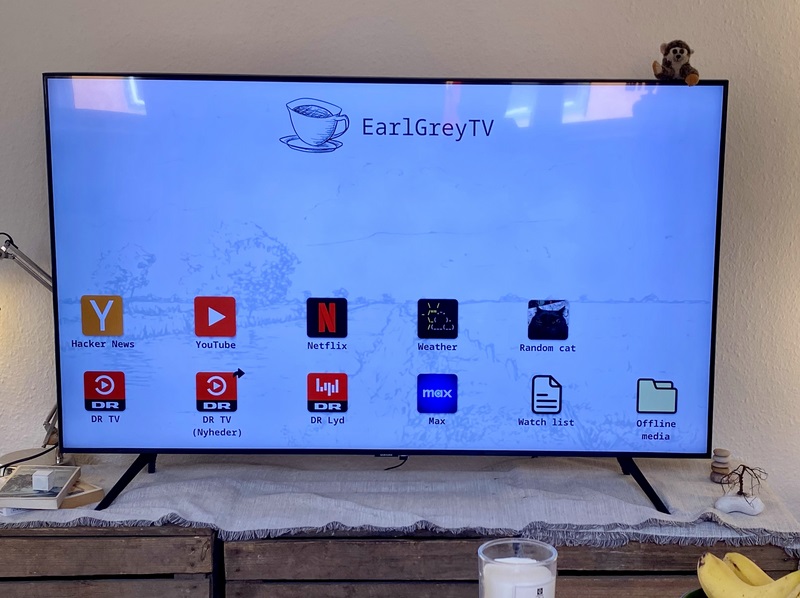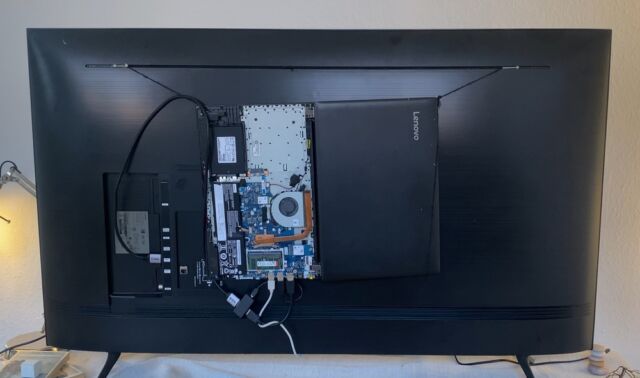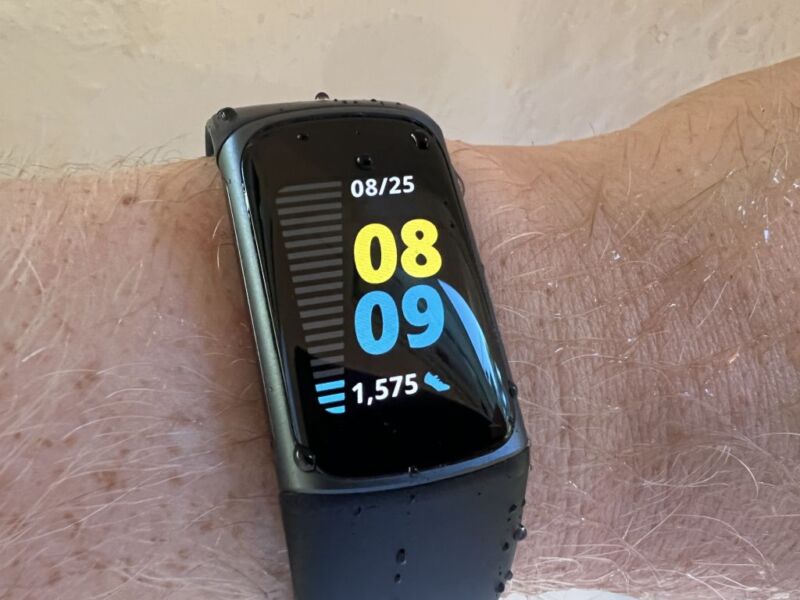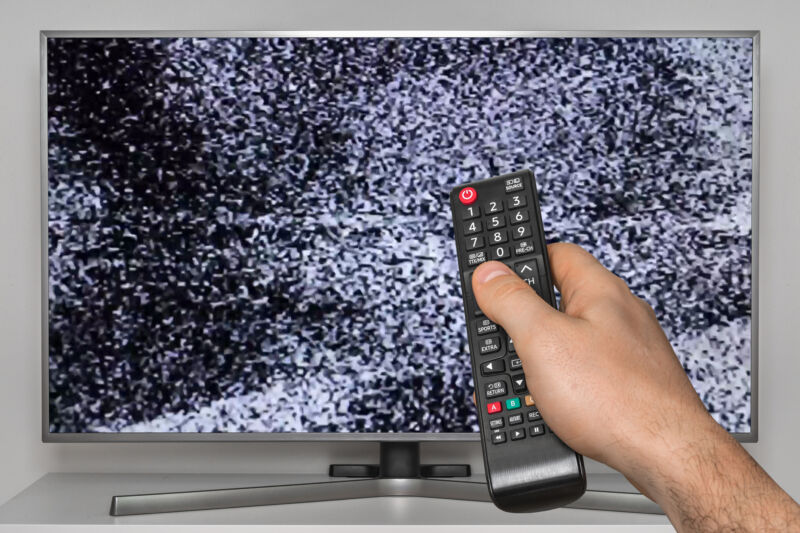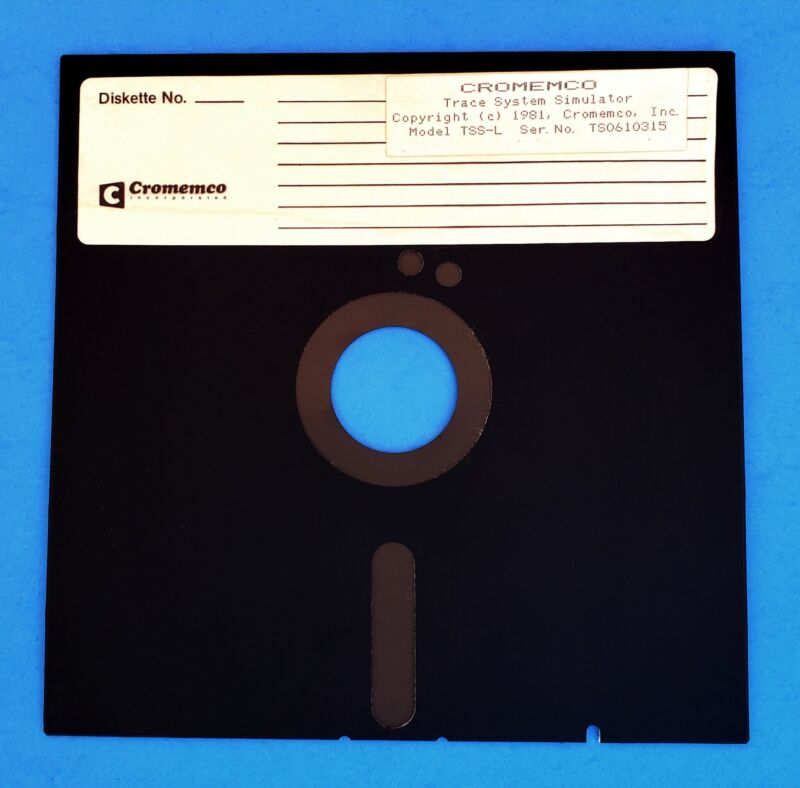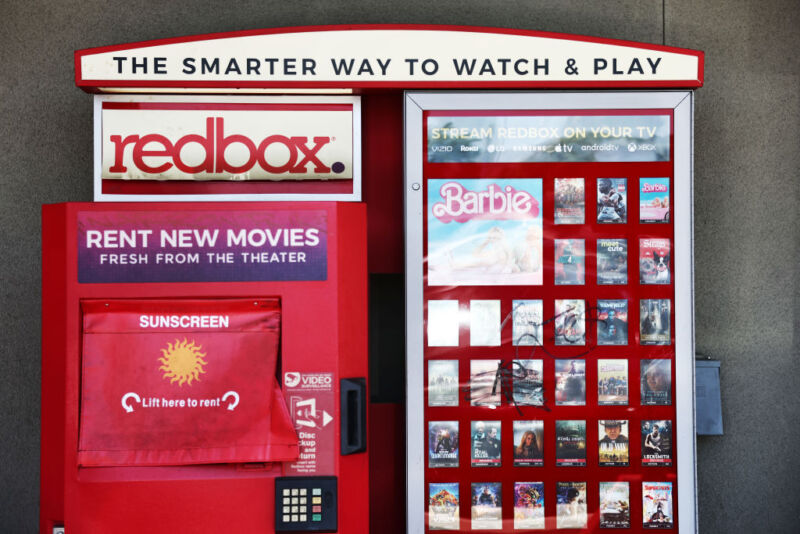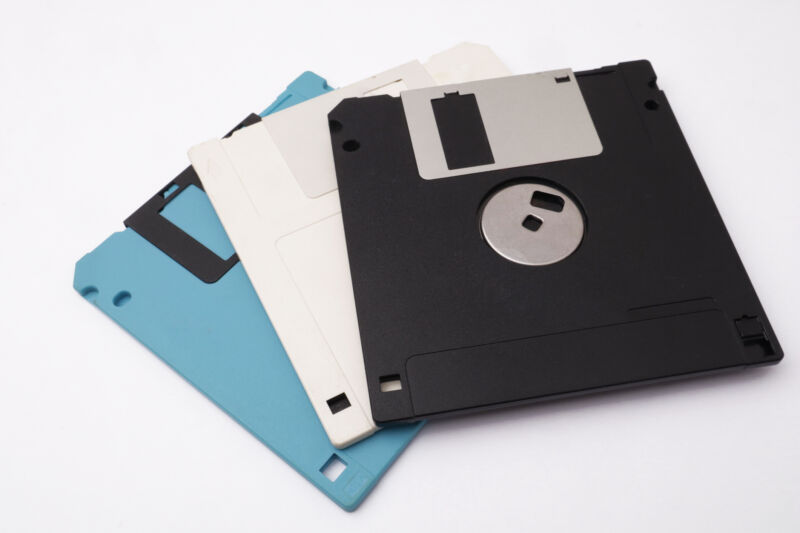Non-Google search engines blocked from showing recent Reddit results
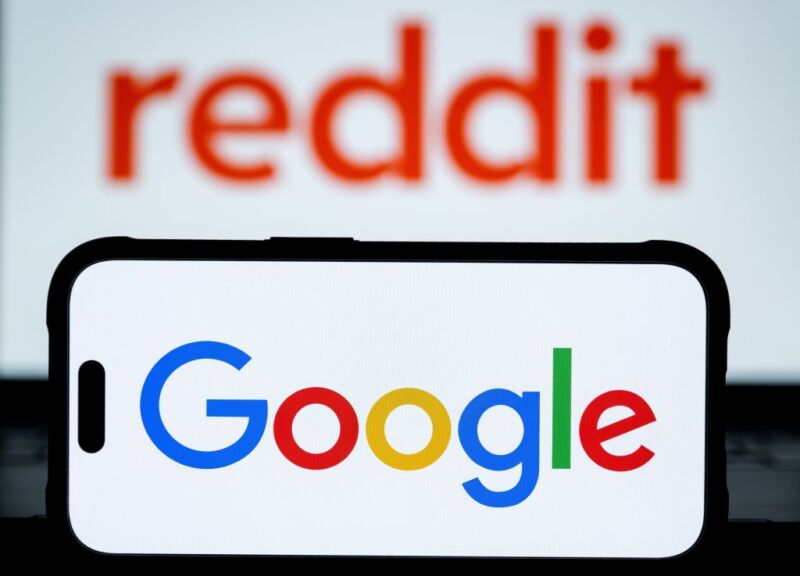
Recent discussions on Reddit are no longer showing up in non-Google search engine results. The absence is the result of updates to Reddit’s Content Policy that ban crawling its site without agreeing to Reddit’s rules, which bar using Reddit content for AI training without Reddit’s explicit consent.
As reported by 404 Media, using "site:reddit.com" on non-Google search engines, including Bing, DuckDuckGo, and Mojeek, brings up minimal or no Reddit results from the past week. Ars Technica made searches on these and other search engines and can confirm the findings. Brave, for example, brings up a few Reddit results sometimes (examples here and here) but not nearly as many as what appears on Google when using identical queries. A standout is Kagi, which is a paid-for engine that pays Google for some of its search index and still shows recent Reddit results.
As 404 Media noted, Reddit's Robots Exclusion Protocol (robots.txt file) blocks bots from scraping the site. The protocol also states, "Reddit believes in an open Internet, but not the misuse of public content." Reddit has approved scrapers from the Internet Archive and some research-focused entities.
